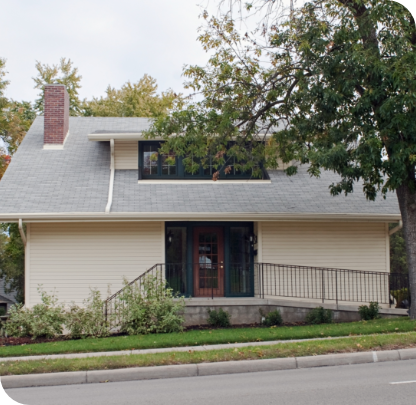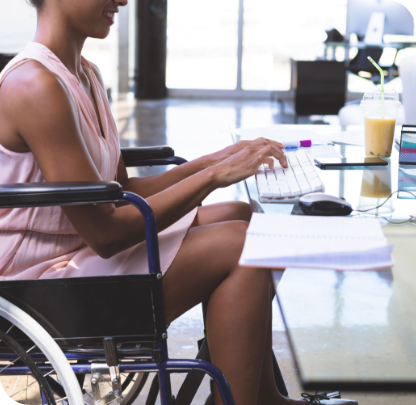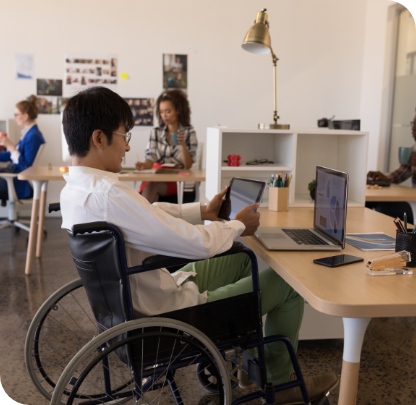
If you or a loved one has just suffered an injury that’s resulted in a mobility impairment the journey of rehabilitating can feel overwhelming. This resource is for you! Rebuild your life with these tips that help you overcome the challenges and adjustments of a new disability. Building a society that’s truly inclusive is a big part of every December 3rd, when we celebrate the achievements of the more than 1 billion people around the world who live with a disability. Naturally, the International Day of People With Disabilities also highlights how much work we still have to do to make society truly accessible. Let’s mark this important global movement towards inclusion, together.
Learn more about the International Day of People With Disabilities >
Getting back into your routine after a mobility impairment is one of the best things you can do when adjusting. This does take time, however, and there are no shortcuts. Before any of the practical work begins, it’s a good idea to give yourself the space you need to emotionally process the lifestyle change. Enlisting the help of a counselor could be helpful. Also, look out for resources that help you navigate how to rebuild your daily routine, arrange the physical accommodations you’ll be making to turn your home into an accessible space, and make re-entering public life a little easier.


Restarting your career or retraining for a new one after a mobility impairment can signal an exciting change. It may not be easy, but there are great resources to help you tackle how to build up your income and meet your career goals while considering your support needs. In fact, we’ve made a whole ebook about it, and it’s packed with tips on finding your niche and key resources you’ll need to get back on the ball
Maintaining a social and family life filled with quality relationships is key to helping making the adjustment after a mobility impairment as easy as possible. Your new limitations and support needs are going to be a learning experience for everyone, but don’t underestimate your loved ones’ willingness to embrace this journey with you! Make time for friends, and remember that adaptive technology is there for a reason — to help you reclaim your freedom and share it with friends and family. Michael and Anna Maria Luogo found this out firsthand when they invested in a Mobile Stairlift to support Anna’s mobility needs after she was diagnosed with corticobasal degeneration. Watch their video here, and read their full story on our linked blog post.
Read Michael and Anna Maria’s full story >
Knowing who to reach out to, and when, is going to make life a lot easier! Collect as many resources as you can and put this knowledge to work! It puts you in touch with support organizations and helps you make maximum use of Federal support for people with disabilities. There’s also a host of media that focuses on active disability lifestyles, and this can be a great way to meet new friends and mentors who’ve successfully achieved the lifestyle adjustment you’ve just begun.
